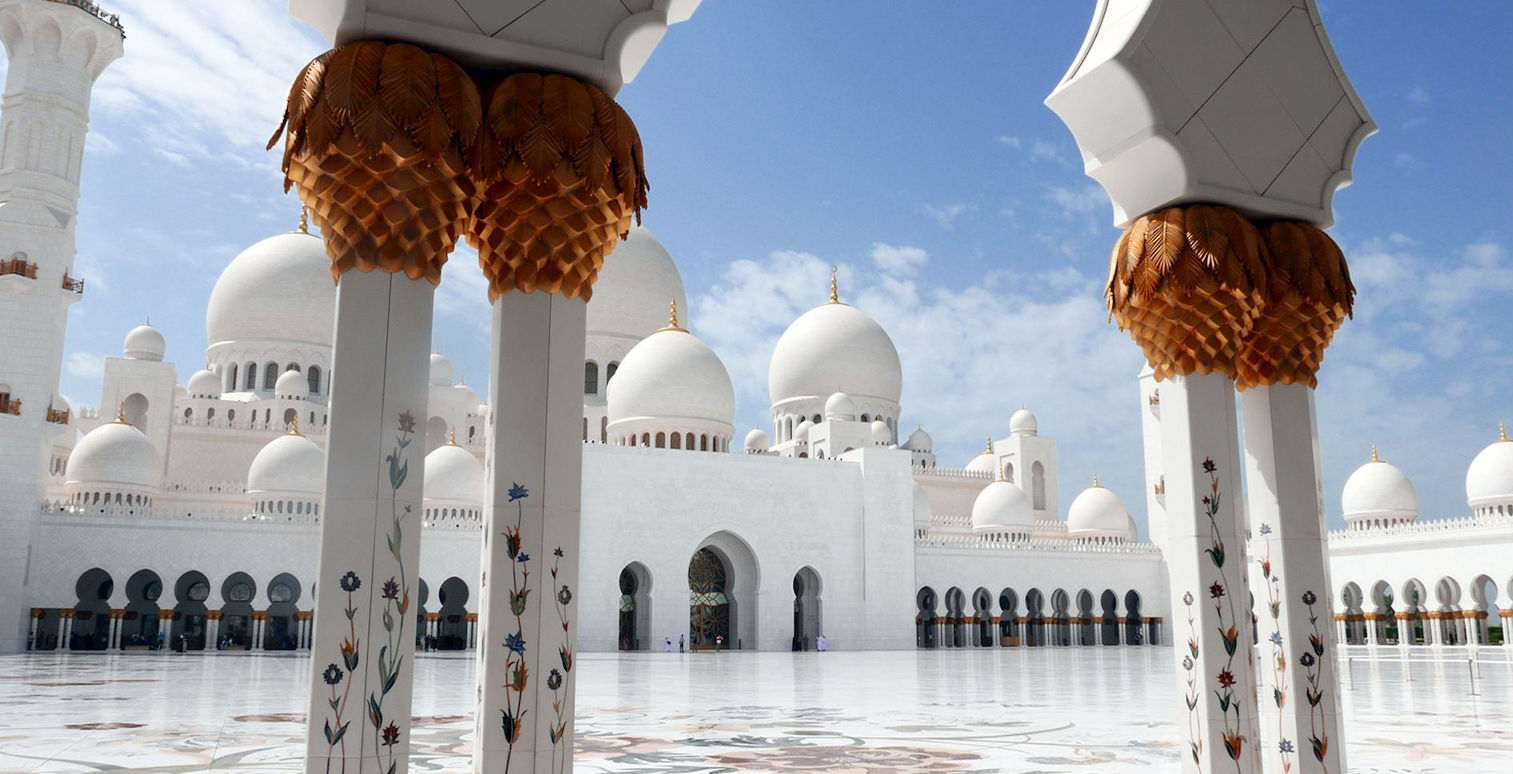A Comprehensive Guide to Eid Prayers for Muslims

In the Islamic tradition, the two Eids—Eid al-Fitr and Eid al-Adha—stand out as pinnacle moments of joy and gratitude, marking the culmination of Ramadan’s fasting and the spiritual journey of Hajj. These celebrations, bestowed upon Muslims by Allah as replacements for any other days of festivity, are times of communal prayer, reflection, and remembrance of Allah’s bounties. The Prophet Muhammad (peace be upon him) established these days as distinct from the days of ignorance, enriching the Islamic calendar with moments of spiritual upliftment and communal harmony.
Preparing for the Eid Prayer
Ghusl (Purification Bath) It is Sunnah to perform ghusl on the morning of Eid, following the practice of the Prophet’s companions, like Ibn ‘Umar and ‘Ali, who would purify themselves before setting out for the prayer.
Dressing in One’s Best Emulating the Prophet Muhammad (peace be upon him), who wore his finest clothes on Eid, Muslims are encouraged to dress well for the occasion. It is also Sunnah for men to apply perfume.
Eating Before the Prayer On Eid al-Fitr, it is Sunnah to eat an odd number of dates (or another food if dates are unavailable) before the prayer, symbolising the end of Ramadan’s fast. For Eid al-Adha, eating is delayed until after the prayer, reflecting the practice of sacrifice.
The Musalla (Prayer Venue)
Understanding the Musalla The Musalla, typically an expansive outdoor area, serves as the communal prayer space for Eid, accommodating the large gatherings that these celebrations draw.
Praying at the Musalla Following the Sunnah of the Prophet (peace be upon him), the Eid prayer takes place outdoors, emphasising community inclusiveness. Exceptions, such as adverse weather, validate indoor arrangements, adhering to the principle of ease in Islam.
Arrival and Takbeer Arriving early and reciting the takbeer from home until the prayer begins are key aspects of the Eid morning. The takbeer, a declaration of Allah’s greatness, resonates through the community, reviving a Sunnah that has faded over time.
The Eid Prayer: An Overview
Obligatory for All The Eid prayer is mandatory for both men and women, highlighting its significance within the Islamic faith.
No Preliminary or Concluding Sunnah Prayers Unlike other prayers, the Eid Salah stands alone, with no Sunnah prayers before or after.
The Format of the Prayer Comprising two units (rakats) with extra takbirs, the Eid prayer begins with the opening takbir, followed by additional takbirs before the Fatiha in each rakat.
Post-Prayer Practices
The Khutbah (Sermon) Delivered immediately after the prayer, the Eid khutbah is a continuation of the day’s spiritual reflection. Unlike the Jumu’ah khutbah, it is delivered without sitting down, and while listening is optional, it is encouraged.
Returning Home Adopting a different route home from the musalla is recommended, a practice of the Prophet meant to spread the blessings and greetings of Eid to various parts of the community.
Final Thoughts
Eid is a time of joy, celebration, and community. It is a period when Muslims express gratitude to Allah, come together in worship, and reflect on the spiritual journey undertaken during Ramadan or the Hajj. By adhering to the prescribed Sunnahs—preparing for the prayer, participating in the communal worship, and following the Prophet’s traditions—Muslims worldwide reaffirm their faith and unity. As we celebrate these blessed days, let us remember the significance of these practices and the values they instil in our lives.